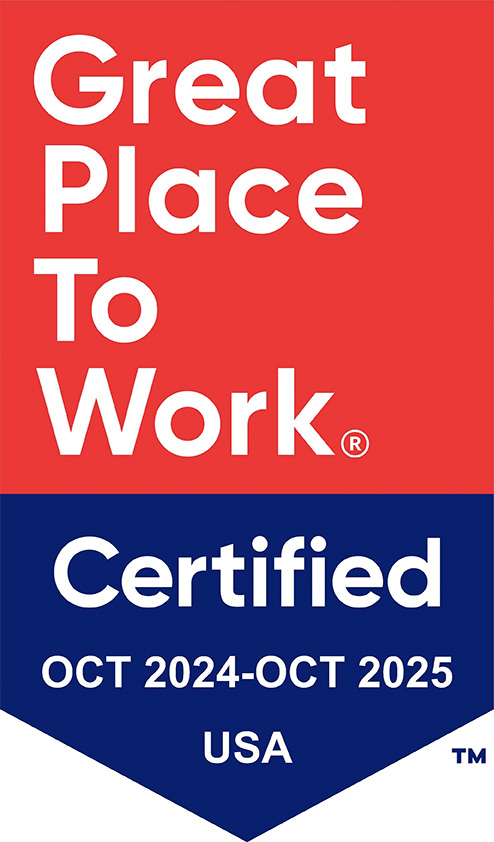Alivia Care Launches to Provide Hospice, Serious Illness Care in the Southeast
By: Jim Parker, Hospice News
A new player has emerged in the senior and serious illness care market in the Southeastern United States. Alivia Care Inc. has begun providing a range of services that include hospice and palliative care. The nonprofit is also in the process of expanding into the home health arena.
Alivia, pronounced [alleve- ē- uh], has its roots in Community Hospice & Palliative Care, headquartered in Jacksonville, Fla. Community continues to provide care as an Alivia subsidiary. Community’s CEO, Susan Ponder Stansel, has now taken the helm of Alivia Care.
“We’ve been growing as an organization and developing different products, services and business lines, and we have been tacking them onto our existing services and asking people to wear multiple hats. We wanted to make sure that we pay attention to hospice, which still has wonderful opportunities, but also focused on these developing programs and products. They each needed governance oversight, executive oversight and dedicated resources,” Ponder Stansel told Hospice News. “That’s why we did the restructure. The goal was to create a care continuum as a whole, while paying attention to the individual products and give them the attention that they need to make sure that our quality and network keeps up with our goal to be innovative.”
Having absorbed Community’s patient population, Alivia provides care to 8,000 hospice patients and 9,000 palliative care patients annually in addition to its other service lines.
In addition to hospice and palliative care, Alivia Care’s subsidiaries will provide home health, private duty nursing services, personal care, PACE programs and advanced care management. The advanced care management component is designed specifically for participation in the Center for Medicare & Medicaid Innovation’s Serious Illness Population (SIP) payment model, which will begin in April 2021.
The SIP payment option, a component of the larger Primary Care First initiative, is designed to serve patients with complex, chronic needs who have received fragmented care.
“[SIP]s really designed to be that care transition to help patients with advanced serious illness, particularly those that are not ready for hospice — such as those with end-stage renal disease, congestive heart failure, chronic obstructive pulmonary disorder — and help them understand where they are in their illness,” Ponder Stansel said. “We help their family get there, and then help them make different choices about utilizing the emergency room, going to the hospital or pursuing aggressive treatment. It’s designed to be a conduit, not a place where people get parked for a long time.”
Alivia’s priorities as they launch include defining their brand and educating the public, payers and other providers about their services. With its diverse range of services, the organization is positioning itself to succeed within value- and risk-based payment models such as Medicare Advantage, SIP, and other programs.
One of the challenges Alivia will face is the limited involvement of payers and referral partners in those initiatives in their geographic region.
None of the 53 Medicare Advantage plans who will be offering hospice in 2021 through the value-based insurance design demonstration project operate in Florida, for example. However, Alivia’s footprint is ranging beyond the Community Hospice & Palliative Care service area and into the state of Georgia, which does not require a certificate of need. Participating plans are available in Georgia.
Alivia has plans for substantial growth in 2020 and beyond, largely to be executed through acquisitions. Among their goals is to create a network of provider organizations, including hospices, that can collectively negotiate with payers within value-based programs.
“We hope to create a network of nonprofit community-based hospices in Georgia that can collaborate, coordinate and be prepared if those payment models move forward in Georgia. We’d be bringing things like palliative care, advanced illness management and our other expanded services,” Ponder Stansel said. “We formed [subsidiary] Alivia Care of Georgia to really support those nonprofits by helping them reduce overhead and share best practices. We have great data tools to help them understand who their competitors are and where their referrals are going. There are many small programs that are excellent. They just don’t have the capacity to invest in or really develop the tools necessary for them to compete.”
